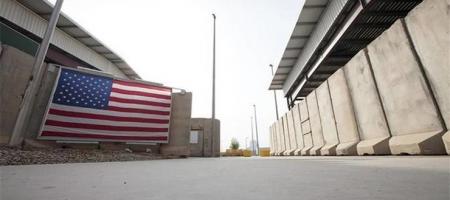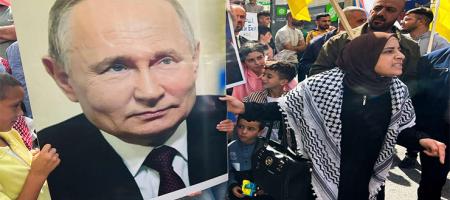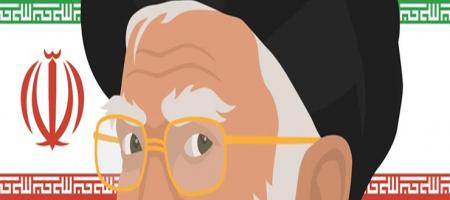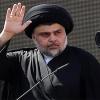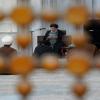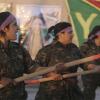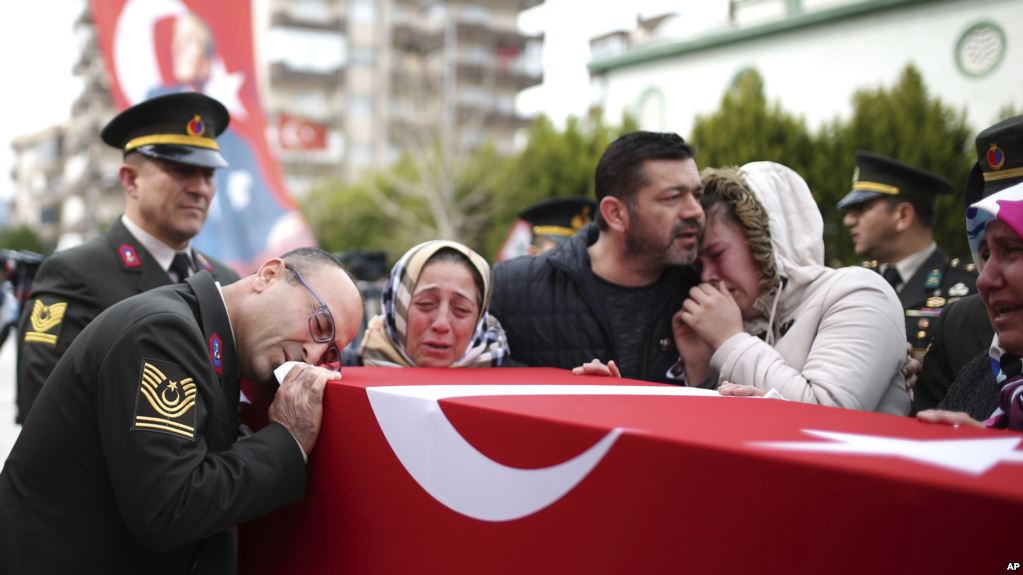
The Turkish military says eight Turkish soldiers and 13 others were wounded in fighting in northern Syria's Afrin enclave in one of the deadliest days for the Turkish military since it launched "Operation Olive Branch" against the Syrian Kurdish militia, YPG, in January.
"May God grant peace to our martyred soldiers in Afrin. All my condolences to their loved ones," tweeted Turkish presidential spokesman Ibrahim Kalin.
In a sign of the continuing cross-party support for the operation, Kemal Kilicdaroglu, the leader of the main opposition Republican People's Party, tweeted "We trust our army, we have no doubt that they will succeed in their mission to fight terror."
Turkey's defense minister, Nurettin Canikli, said Friday that 41 Turkish soldiers and 116 Free Syrian Army members have been killed in Operation Olive Branch.
Turkey's mainstream media is offering little criticism of the operation, and protests and dissent on social media are banned. International relations professor Husein Bagci of Ankara's Middle East Technical University says history has shown that the more deaths there are in a conflict, the more difficult it will be for the Turkish government to maintain support for it.
"The psychology of the people will change from happiness to them being very unhappy, with what is happening. This is probably already happening. The more Turkey stays there [in Syria] the more unhappiness," he said.
Widening conflict
Thursday also saw a widening of the conflict in Afrin, with reports of 14 members of a pro-Damascus militia being killed in Turkish airstrikes. The militiamen had joined Kurdish YPG forces resisting Turkey's offensive.
The threat of extending the conflict beyond YPG forces is likely to put more pressure on Turkey to curtail its incursion into northern Syria. Ankara insists the operation is about securing Turkey's borders from the threat posed by YPG, which it accuses of supporting a Kurdish insurgency inside Turkey. Ankara is infuriated with its allies over what it perceives as a lack of support for what it claims is its legitimate right to fight terrorism.
"Turkey will likely get more angry with a lot of people, not only with the West," warned political columnist Semih Idiz of Al Monitor website, "There is already potential trouble brewing with Iran, not everything is hunky-dory [agreeable] with Russia. The dialogue with the Arab world is non-existent. This could lead to more isolation for Turkey."
Civilian deaths
Ankara is also facing growing international criticism over how it's conducting its operation.
"It appears that vulnerable civilians are facing displacement and death because of the way Turkey's latest offensive is being conducted," said Larma Fakih, deputy Middle East director at the U.S.-based Human Rights Watch. "Turkey is obligated to take every feasible precaution to avoid harming or killing civilians, and to help them if they want to flee the violence."
The rights group highlighted three separate incidents in which it accused Turkish forces of negligence resulting in the deaths of civilians. Similar concerns and criticism have been raised by the London-based Amnesty International rights group. While the YPG Kurdish militia also was blamed by Amnesty for indiscriminate use of mortars in civilian areas, Amnesty's most scathing criticism was reserved for Turkish forces.
"Reports of shelling of villages and residential areas in cities are deeply troubling," said Lynn Maalouf, Amnesty International's Middle East research director. "The use of artillery and other imprecise explosive weapons in civilian areas is prohibited by international humanitarian law and all parties should cease such attacks immediately," it said.
Amnesty, siting eyewitnesses, claimed scores of civilians have been killed by Turkish forces.
The Kurdish Red Crescent reported that between Jan. 22 and Feb. 21, 2018, 93 civilians were killed, including 24 children. A further 313 civilians were wounded, including 51 children.
'Black propaganda'
Rejecting growing criticism, Ankara insists its forces are taking the utmost precautions to avoid civilian casualties. "To date, no civilians have died or even been hurt in Turkish Armed Forces operations," declared Deputy Prime Minister Bekir Bozdag in February.
Turkish President Recep Tayyip Erdogan claims such steps are the reason why the Afrin operation is proceeding slowly. All reports of civilian casualties are routinely dismissed by Turkish officials as "black propaganda." A similar stance is taken by Turkey's media, which rarely acknowledged even claims of civilian deaths.
International concern for civilians is likely to grow, with the Turkish offensive heading toward increasingly urbanized areas of the Afrin enclave, with the ultimate goal being the city of Afrin, home to several hundred thousand people.
But for now, Ankara is relying on its strategic importance in the region to get its way.
"Every country involved in the region is being very cautious with Turkey," claimed columnist Idiz, "so having this critical mass means Turkey can muscle its way on many occasions. But will it ultimately get its way remains to be seen."

